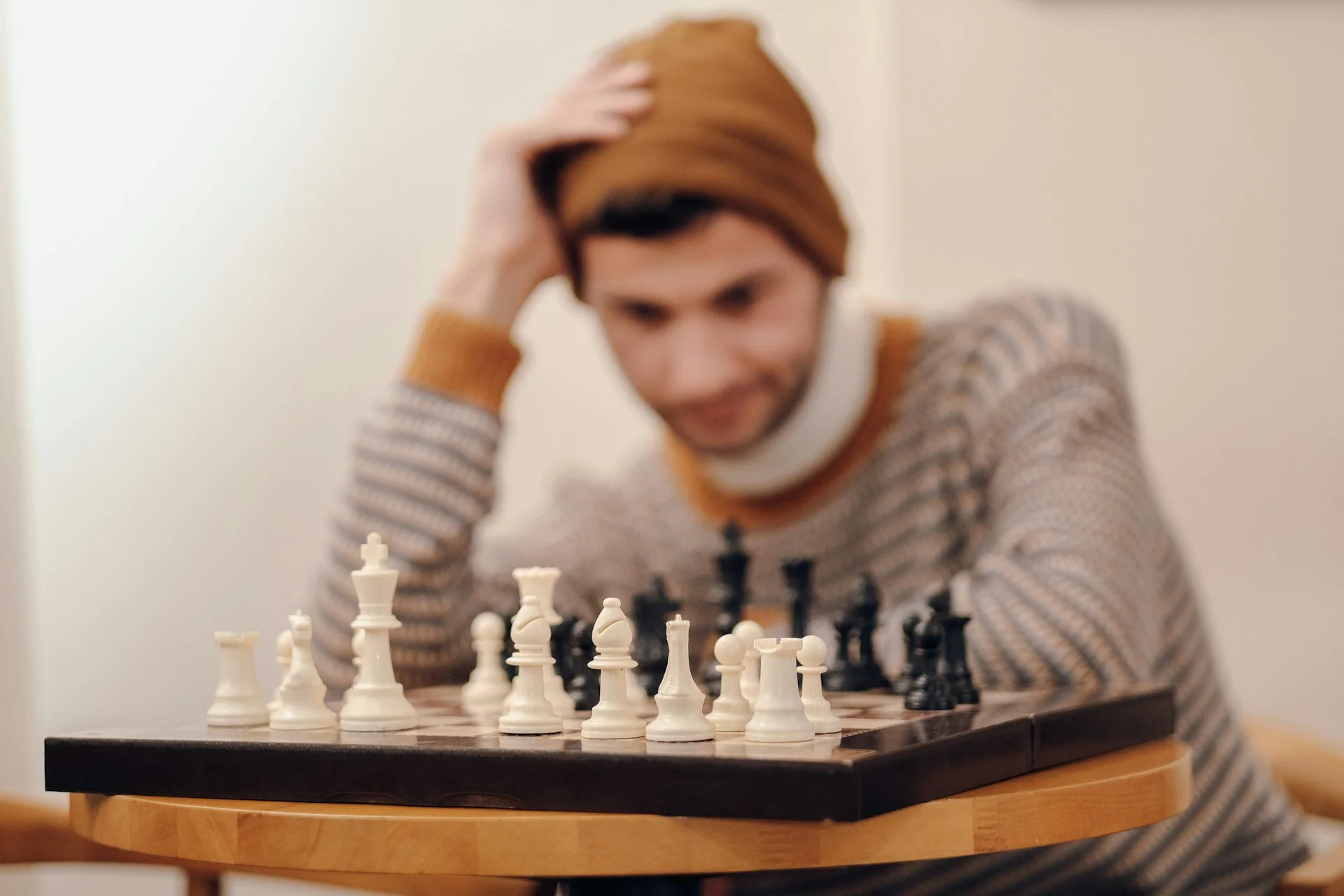
Tips for Getting the Most from Chess Lessons in NYC
Learn how short, steady chess lessons in Manhattan, New York, can help you stay on track and build confidence from the comfort of home.
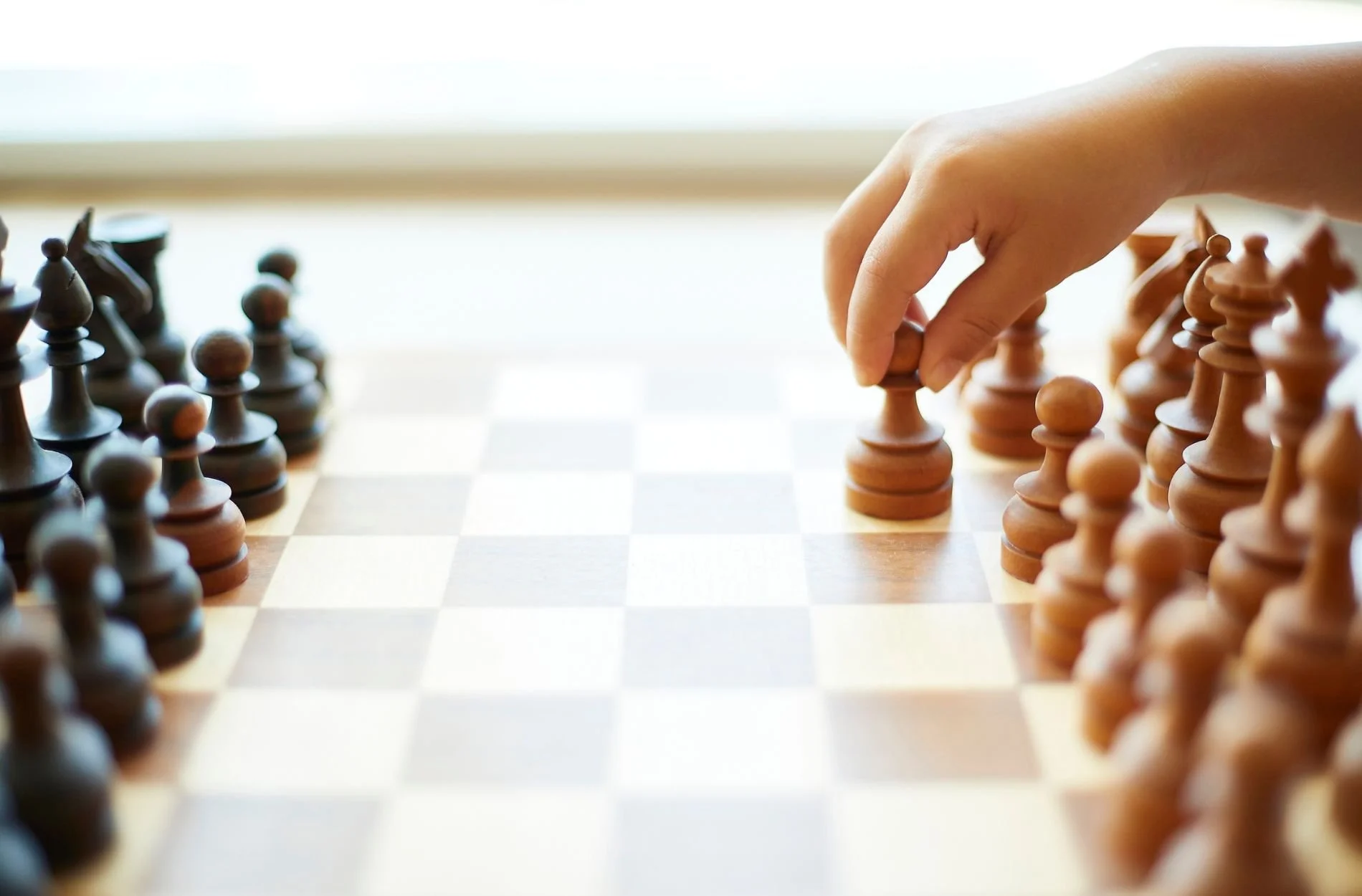
Finding a Chess Academy in Manhattan for Your Needs
Learn what to look for when choosing the nearest chess academy in Manhattan, New York, and find a good fit that keeps learning fun this winter.
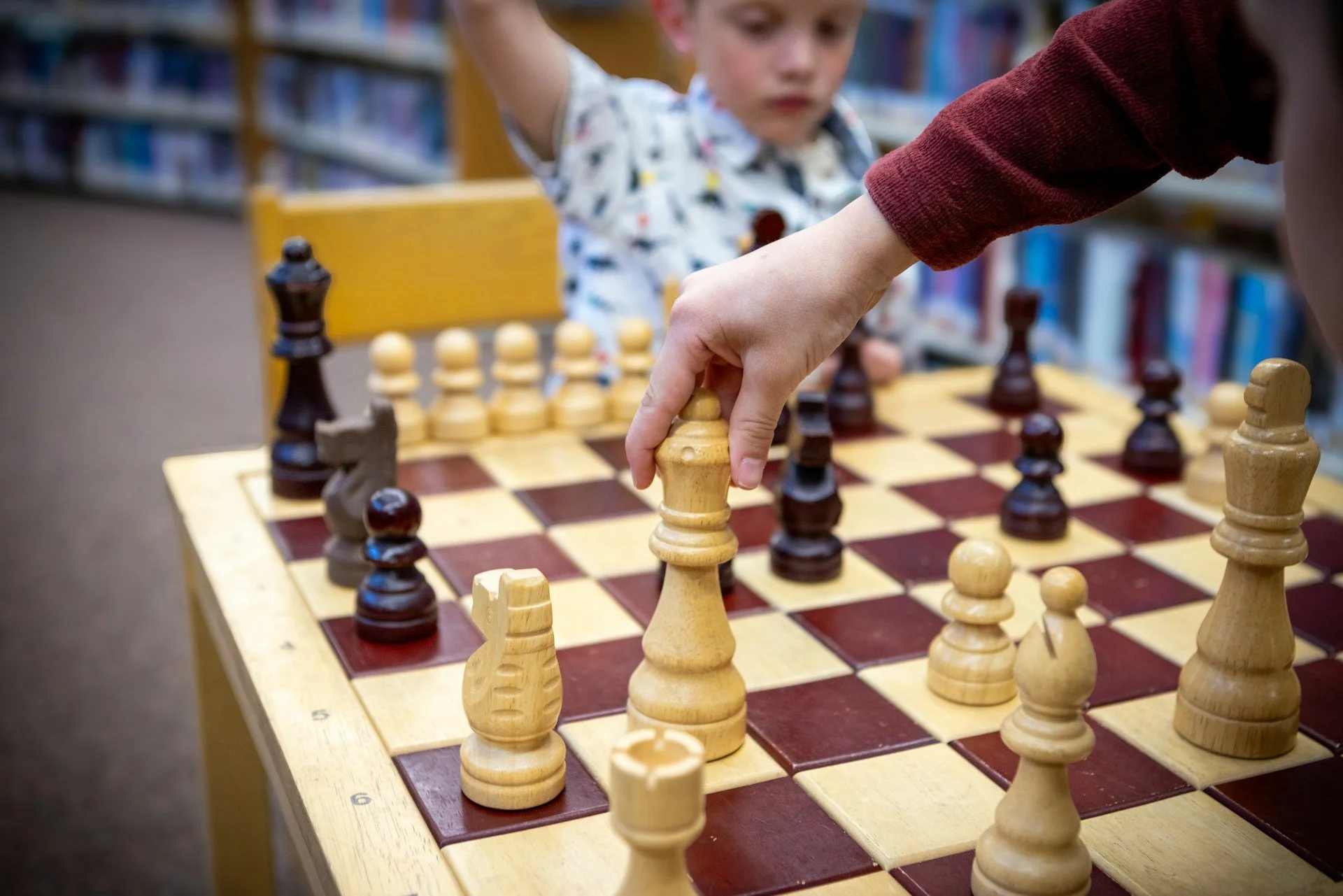
Choosing the Right Chess Learning Classes in Manhattan
Learn how to choose chess learning classes in Manhattan that fit your level, schedule, and goals, so you or your child can enjoy the game more.
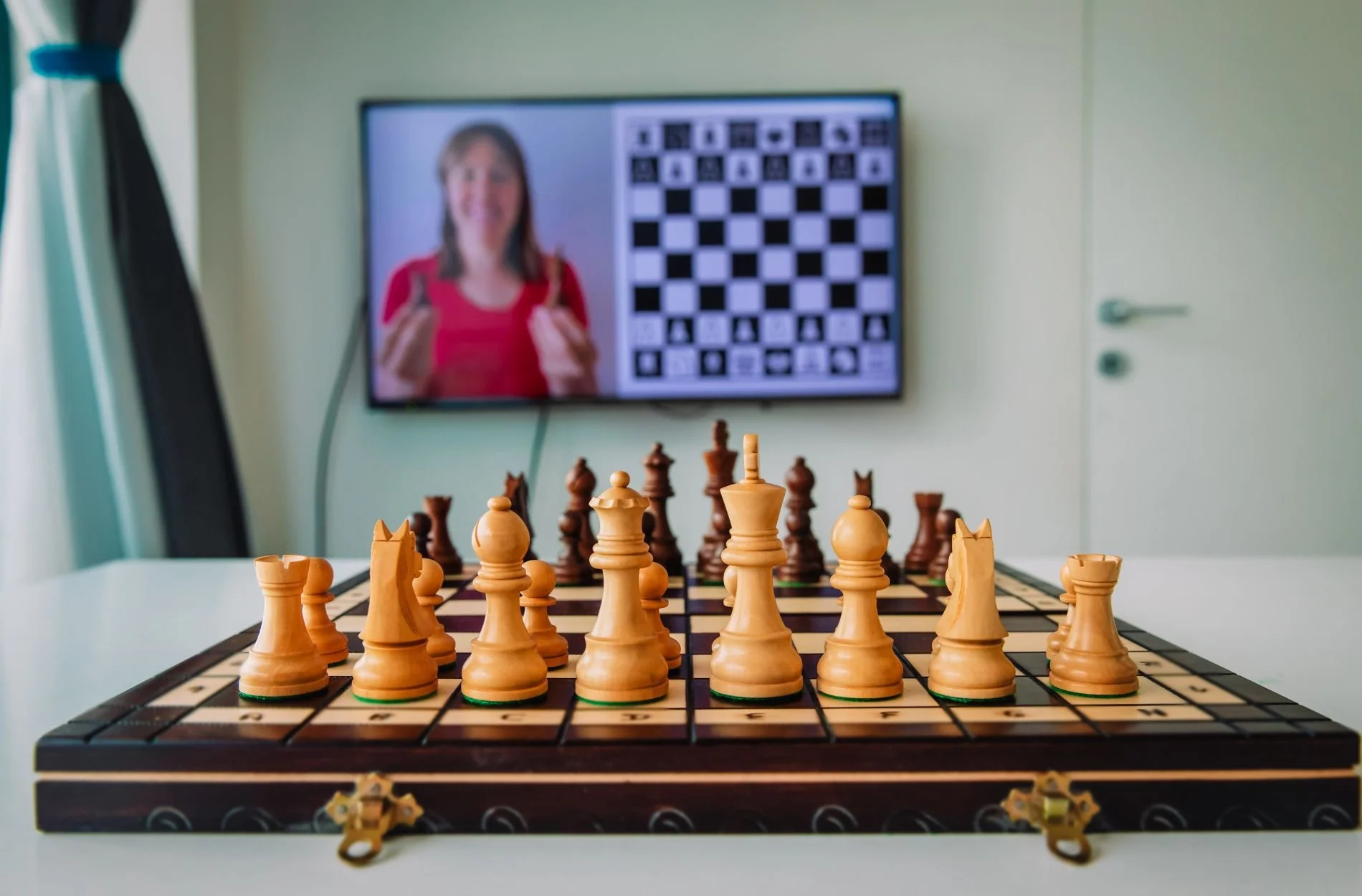
Benefits of Online Chess Classes for Busy New Yorkers
Stay sharp this winter in Manhattan, New York, with chess online classes that fit your routine and help you grow your skills from the comfort of home.
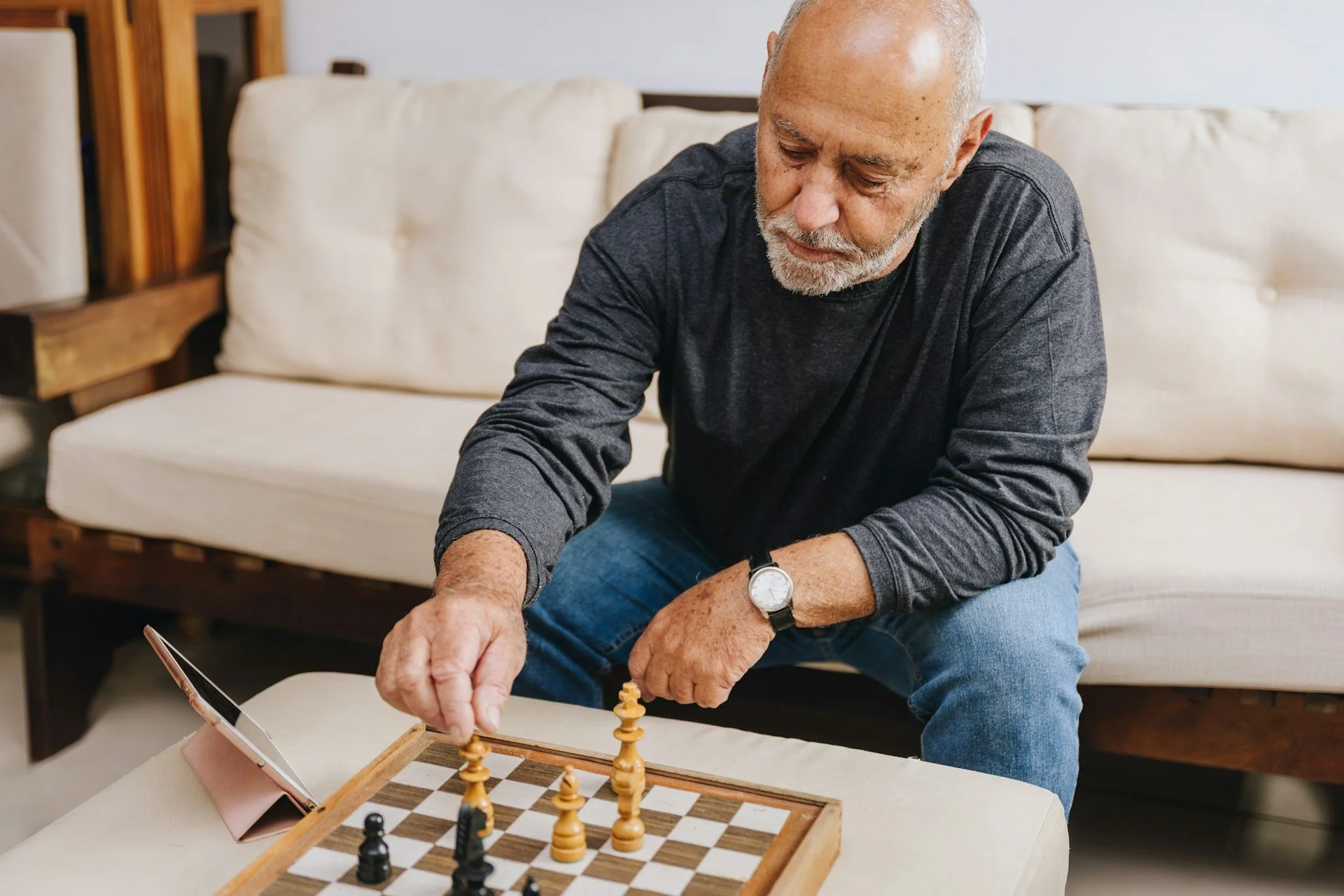
Exploring The Benefits Of A Virtual Chess Coach For Manhattan Players
Build steady habits and stay sharp this winter in Manhattan, New York, with a virtual chess coach who fits your pace, schedule, and goals.
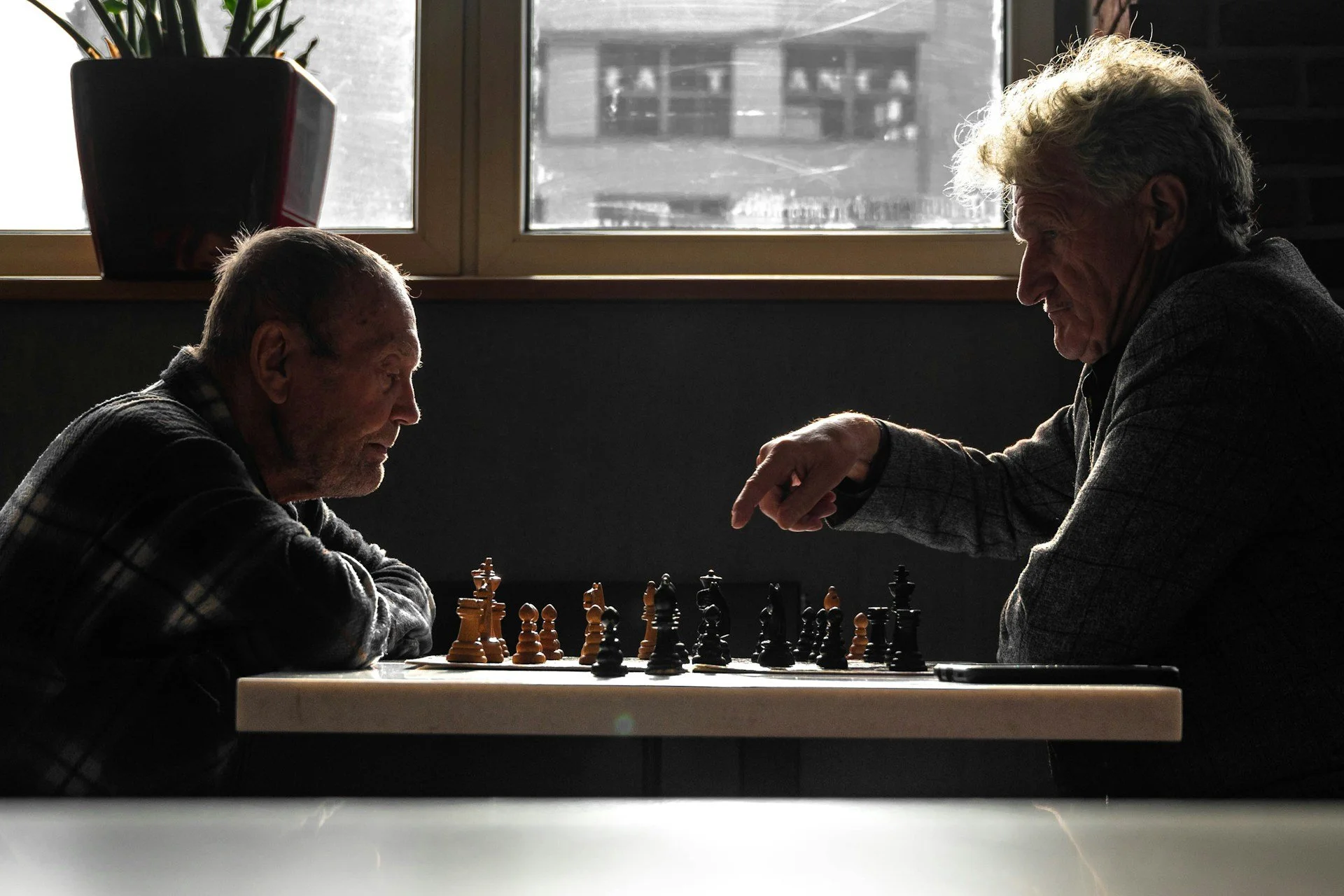
Why Chess For Adults Is The Perfect Winter Hobby In Manhattan
Slow down this season with chess for adults in Manhattan, New York. Learn at your own pace while building calm habits that last beyond winter.
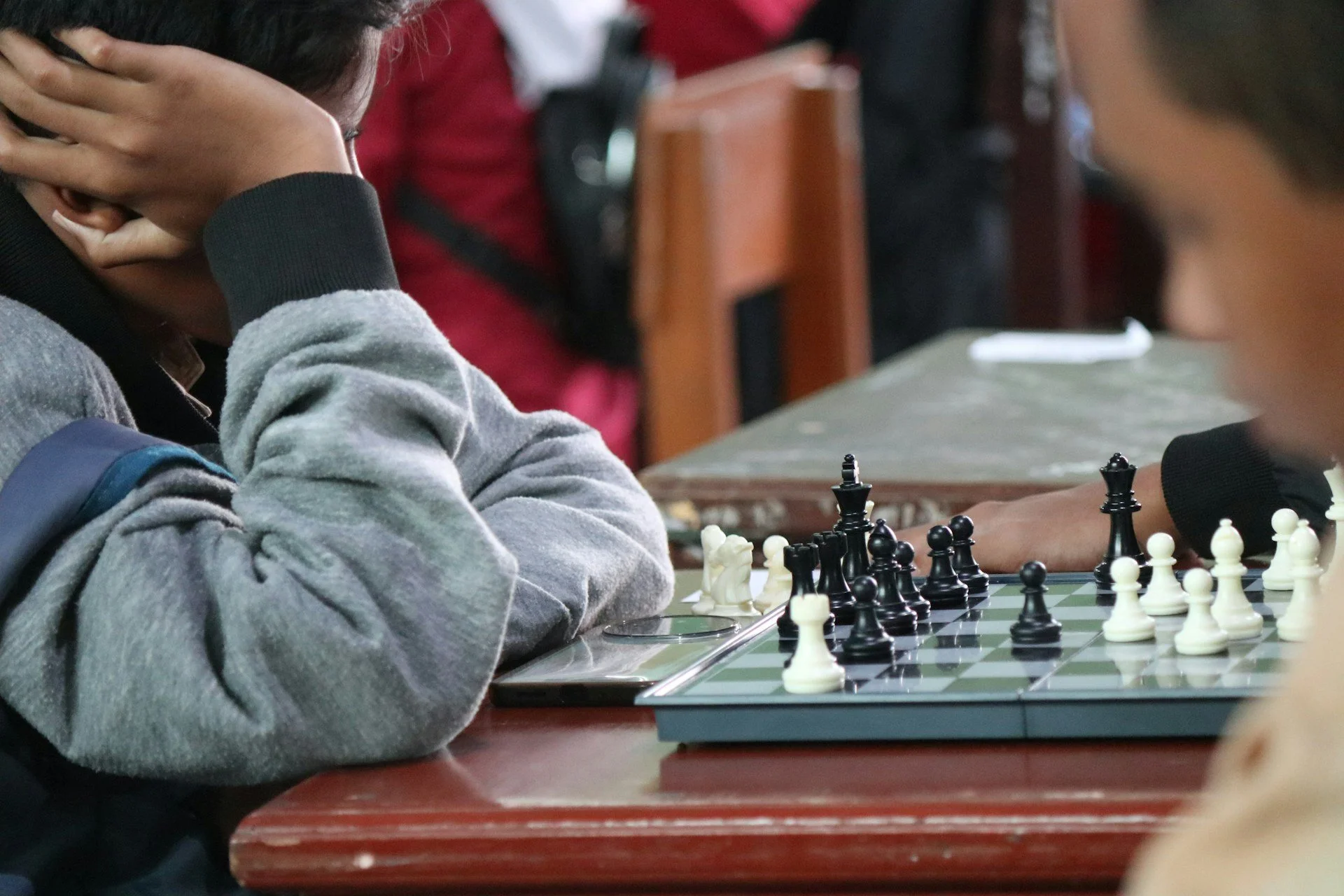
Best Practices For Engaging In-Person Chess Classes In Manhattan For All Levels
Learn smart habits and improve your game with in-person chess classes in Manhattan, New York, built for beginners, advanced players, and everyone in between.
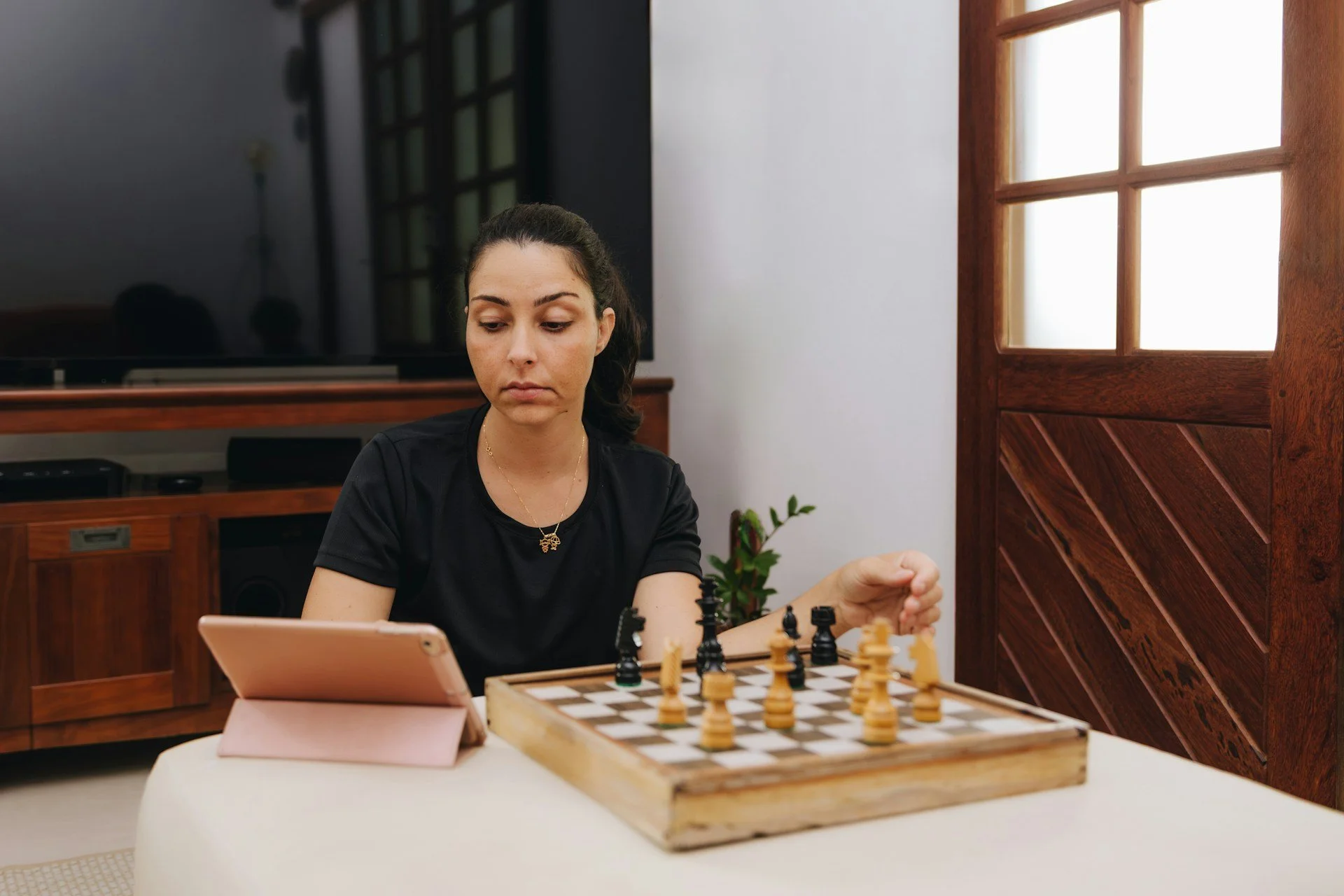
Building A Routine With Online Chess Lessons In Manhattan For Adults
Build focus and structure this winter in Manhattan with online chess lessons you can fit into your schedule, right from the comfort of home.
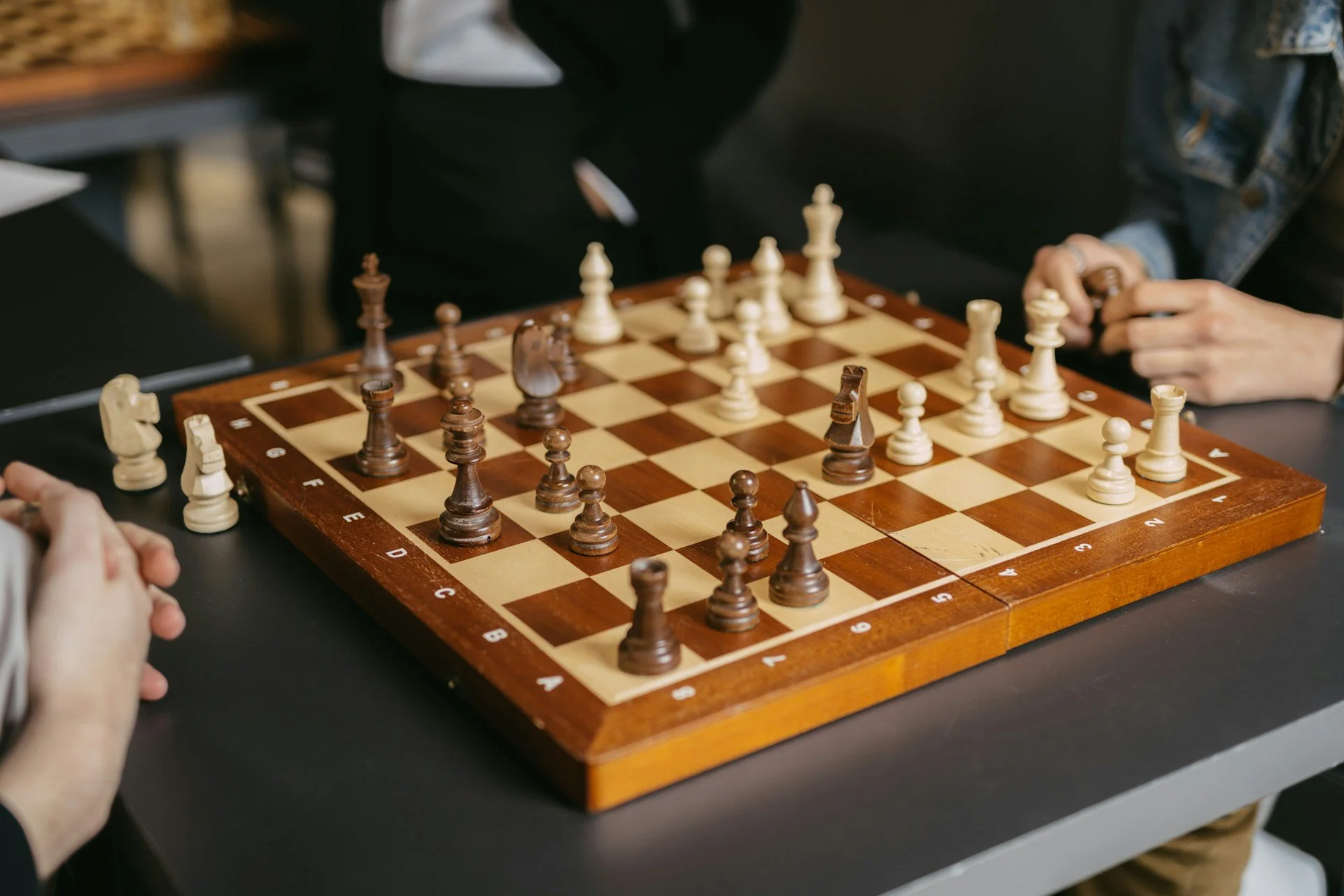
In-Person Chess Lessons For Faster Feedback And Focus In Manhattan
Help your child stay focused and confident with in person chess lessons in Manhattan, New York. Real-time support makes progress easier to see.
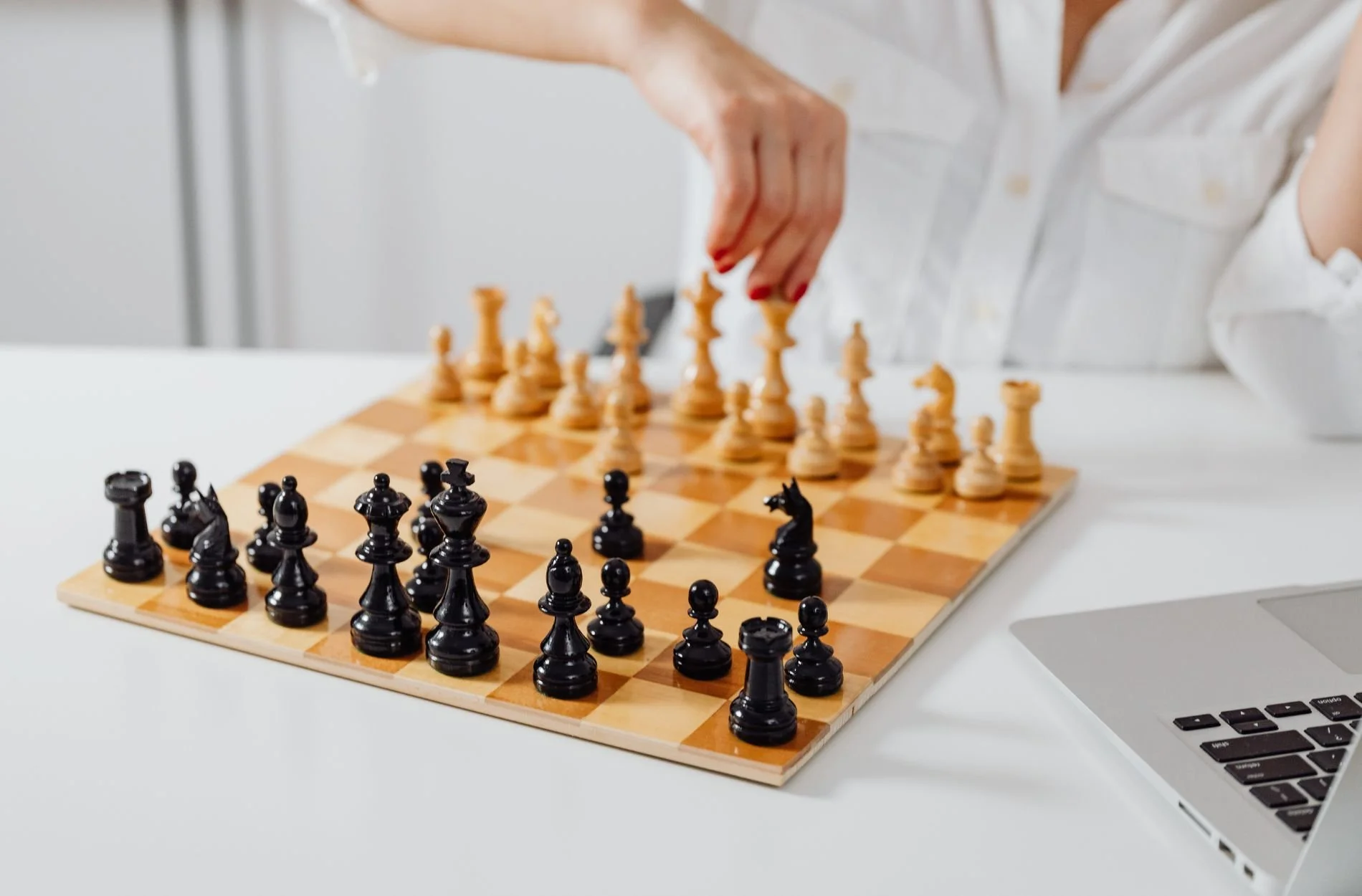
Getting Ahead With The Best Chess Coaching Online For Manhattan Players
Build stronger strategies this season with the best chess coaching online, flexible, focused lessons that fit a busy life in Manhattan, New York.
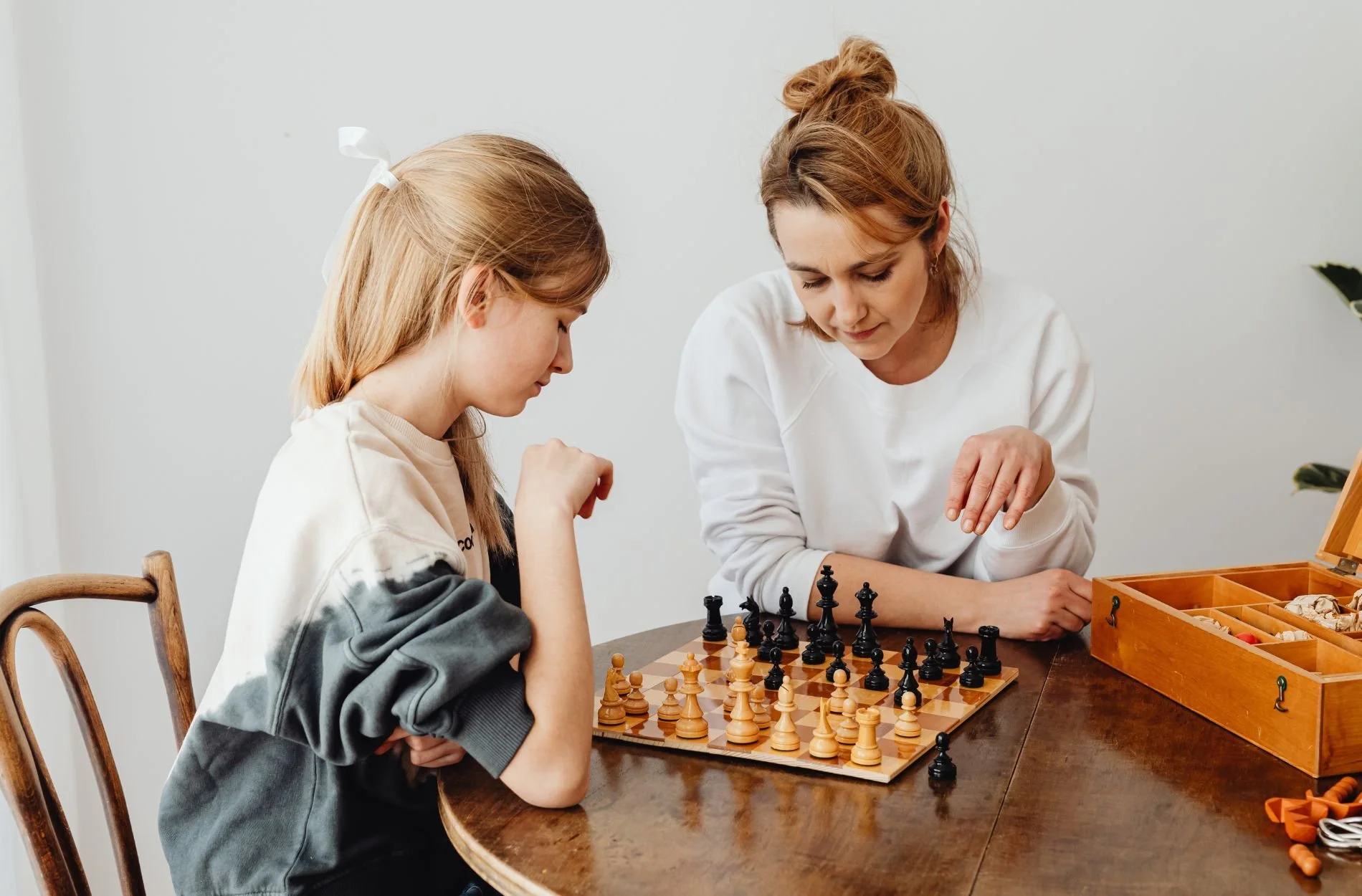
Understanding Private Chess Instruction For Personal Growth In Manhattan
Learn how private chess instruction in Manhattan, New York, can help you grow your skills, focus your mind, and enjoy steady progress this winter.
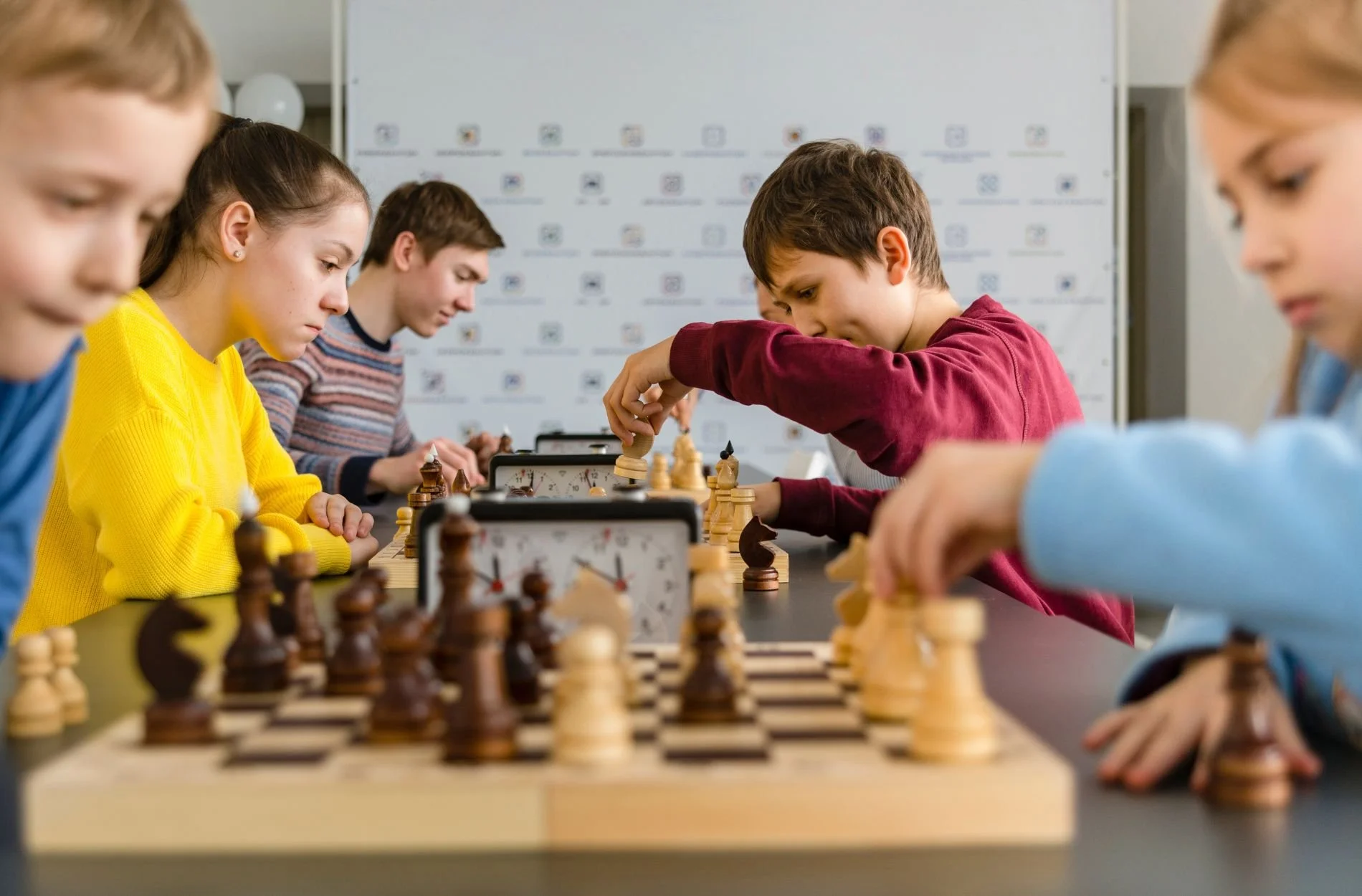
Where to Take Chess Learning Classes Indoors This Winter in Manhattan
Looking for chess learning classes in Manhattan, New York? Stay warm and sharpen your skills this winter with fun, focused indoor chess sessions.

What To Look For In A Chess Learning Center In Manhattan For Families
Looking for a chess learning center in Manhattan, NY? Find flexible programs, friendly coaching, and a space where your whole family can enjoy the game.

One-on-One Chess Lessons Speed Up Learning For Beginners
One on one chess lessons in Manhattan, New York, NY help beginners focus, ask questions freely, and build confidence at a pace that feels just right.

Engage With Chess Teachers How To Improve Your Play In Manhattan
Build confidence and sharpen your skills this season by working with chess teachers in Manhattan. Find steady progress through live instruction and support.

Winter Challenges Chess Classes for Adults in Manhattan
Learn how chess classes for adults in Manhattan can help you stay focused, meet others, and enjoy a calm learning routine during the colder months.

Choose Online Chess Teachers That Fit Your Learning Style In Manhattan
Learn how to choose online chess teachers in Manhattan, New York, NY, who match your learning style and help you enjoy the game even more.

Exploring Chess Online Classes For Busy Players In Manhattan
Learn how chess online classes can fit into a busy life in Manhattan, New York, NY, stay sharp, learn at your pace, and enjoy the game from home.

Setting Chess Goals For A New Year A Fresh Start For Manhattan
Winter in Manhattan is a great time to slow down, reflect, and build healthy routines through weekly practice and focused chess classes.

Maximizing Your Chess Lessons With Simple Strategy Habits In Manhattan
Simple routines and steady focus make chess lessons more meaningful during the winter months in Manhattan, New York.
